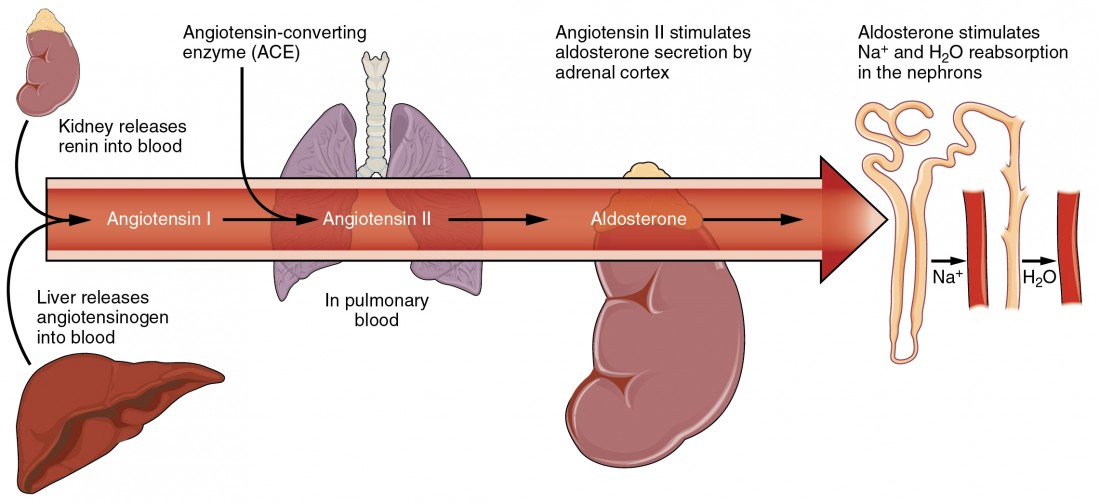
The human body is a complex, dynamic system that requires precise regulation to function optimally. One of the crucial aspects of this regulation is maintaining the balance of electrolytes. Electrolytes are electrically charged ions, including sodium, potassium, calcium, magnesium, chloride, bicarbonate, and phosphate, which play vital roles in various physiological processes. The urinary system, consisting of the kidneys, ureters, bladder, and urethra, is a central player in the body’s efforts to regulate electrolyte balance. In this comprehensive article, we will explore how the urinary system achieves this vital task.
1. The Kidneys: Nature’s Filters
The kidneys are two bean-shaped organs located in the back of the abdomen, each about the size of a fist. They act as the body’s filtration system, processing around 180 liters of blood per day to produce about 1-2 liters of urine. This urine contains waste products, excess water, and electrolytes that the body needs to eliminate to maintain a healthy balance.
2. Filtration and Glomerular Filtration Rate (GFR)
The renal filtration process begins in tiny structures within the kidneys called nephrons. Within each nephron, blood is filtered through a cluster of capillaries known as the glomerulus. Here, water, electrolytes, and waste products are pushed into the renal tubules, leaving larger molecules, such as proteins and blood cells, in the bloodstream.
The rate at which this filtration occurs is known as the Glomerular Filtration Rate (GFR). It is a critical indicator of kidney function and helps to regulate electrolyte balance. A healthy GFR ensures that essential electrolytes are retained, while waste products are efficiently excreted.
3. Reabsorption and Secretion
After filtration, the renal tubules reabsorb essential electrolytes, such as sodium, potassium, calcium, and bicarbonate, back into the bloodstream. This process is highly regulated and tailored to the body’s specific needs at any given time.
For instance, when blood sodium levels drop, the kidneys increase the reabsorption of sodium from the urine. Conversely, when sodium levels are high, the kidneys reduce reabsorption, allowing more sodium to be excreted in the urine.
Potassium balance is similarly regulated. When blood potassium levels are high, the kidneys excrete more potassium into the urine, and when levels are low, they reabsorb more potassium.
4. Hormonal Control
Hormones play a pivotal role in electrolyte balance regulation. Two hormones, aldosterone and antidiuretic hormone (ADH), have a significant impact on the urinary system’s ability to maintain electrolyte balance.
- Aldosterone: Produced by the adrenal glands, aldosterone regulates sodium and potassium levels in the blood. When sodium levels are low or potassium levels are high, aldosterone is released, signaling the kidneys to reabsorb more sodium and excrete more potassium. This hormone also influences water reabsorption, indirectly affecting blood volume and pressure.
- Antidiuretic Hormone (ADH): Produced by the hypothalamus and released by the pituitary gland, ADH controls the reabsorption of water in the kidneys. When ADH levels rise, the renal tubules become more permeable to water, allowing for increased water reabsorption. This mechanism helps to concentrate urine, conserving water in the body.
5. pH Regulation
The urinary system also plays a crucial role in regulating the body’s acid-base balance. The kidneys can excrete hydrogen ions (acid) or bicarbonate ions (base) as needed to maintain a stable pH in the blood. This is essential because even slight deviations from the body’s optimal pH range can disrupt enzymatic reactions and cellular functions.
6. Elimination of Waste Products
In addition to electrolytes and pH regulation, the urinary system also removes metabolic waste products from the body, such as urea and creatinine. These waste products are byproducts of normal cellular metabolism and need to be excreted to prevent their buildup, which can be toxic.
Conclusion
The urinary system is a remarkable and intricate part of the body’s regulatory mechanisms. Through the processes of filtration, reabsorption, secretion, and hormonal control, it plays a pivotal role in maintaining electrolyte balance, pH balance, and overall homeostasis. This complex interplay of physiological processes ensures that the body’s electrolyte levels remain within a narrow range, allowing for the proper functioning of muscles, nerves, and vital organs. Understanding the essential role of the urinary system in electrolyte regulation underscores its significance in overall human health and well-being.



